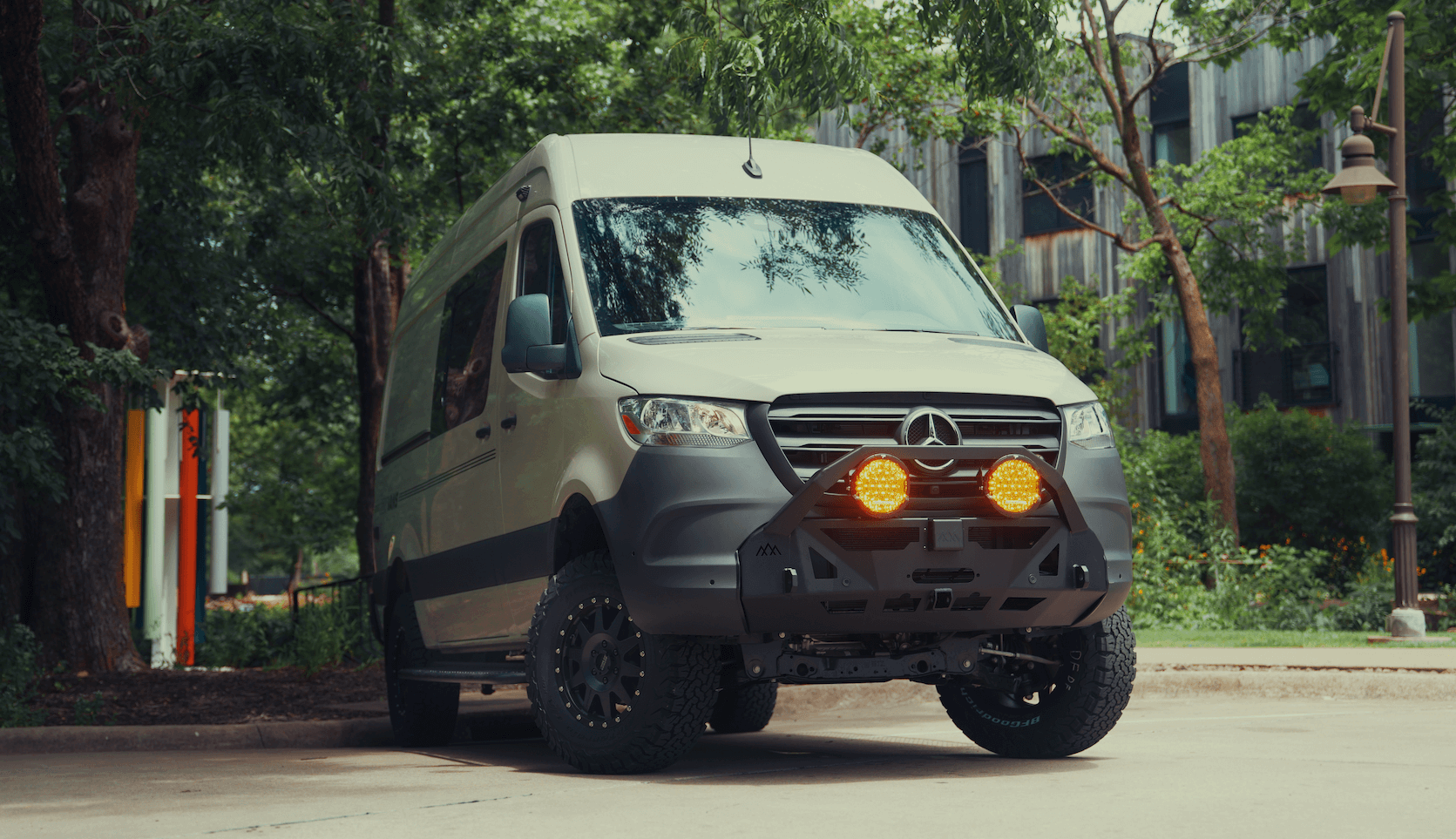Recreational Vans

Camper brands cover a wide spectrum of vehicles built for travel and living. At the top level, the market splits into motorized rigs and towable trailers. Many recognizable rv brands and campers brands roll up under a handful of corporate groups that share components, suppliers, and production methods across lines. This is why a careful shopper looks beyond paint schemes and décor to the build structure, chassis supplier, and the warranty network that backs the purchase.
When you compare camper manufacturers or camper companies, start with the foundation. Motorized rigs depend on a van, truck, or bus chassis, while travel trailers rely on frame design, axle choices, and weight distribution. Interior longevity comes from material choices, joinery, and hardware, not only from a glossy showroom finish. In other words, brands of rvs differ as much in assembly philosophy as they do in logos.
Quality also depends on factory throughput. The biggest rv manufacturers can build quickly and offer broad rv models list depth, yet higher volumes can introduce variance. Smaller recreational vehicle companies may move slower but focus on tighter tolerances. For buyers, the smartest move is to cross reference user forums, service availability, and parts access before committing.
Motor homes include Class A bus style coaches, Class C cab over designs, and compact Class B vans. The term rv makes typically describes the chassis source and the general configuration. Each recreation vehicle brand then layers features, floor plans, and trim levels on that foundation.
A brand is more than a badge. It is a pattern of engineering choices, suppliers, and after sale support. Recreational vehicles manufacturers that publish construction details, wiring diagrams, and clear service procedures usually earn stronger long term confidence.
Towable campers have their own ecosystem. Travel trailer makers balance weight, cost, and durability. Entry units often use wood framing and basic insulation, while higher tier travel trailer manufacturers adopt aluminum or composite structures with better seal management. The sweet spot is a trailer that tows straight, resists water intrusion, and carries the cargo you actually need.
Motorized lines are shaped by the chassis. Diesel Class A coaches prioritize highway comfort and storage. Class C rigs blend familiar truck serviceability with family friendly layouts. Class B vans focus on nimble travel with efficient use of space. Different rv brands tune these formats with distinct cabinetry, plumbing layouts, and electrical systems that range from basic lead acid setups to advanced lithium banks with robust solar arrays.
Common camping trailers brands and rv trailer brands publish cargo capacity, tongue weight, and maximum height. Those numbers matter more than décor when you plan to tow through mountain passes or store the rig at home. Look for even weight distribution, well supported cabinetry, and sealed penetrations around windows and roof fixtures.
Motor home brands often share hidden components like water pumps, heaters, and converters. Inspect access panels and service routes, not only the brochure. A well placed service bay beats an ornate backsplash once you are on the road.
Here is a quick terminology map that helps you read spec sheets and buyer guides without confusion:
Shoppers often realize their wish list does not fit a standard layout. A family that wants a quiet office, riders who need a secure moto bay, or remote workers who require high output lithium power will find that catalog floor plans only go so far. This is where a dedicated camper builder stands apart from large rv companies and general camper makers.
A custom builder can design around how you travel. Materials and joinery match your usage. Storage is tailored to bikes, skis, surf gear, or tools. Electrical systems are sized for your devices rather than a generic estimate. Insulation, sound management, and heating can be mapped to your climate rather than a national average. The result is a vehicle that feels composed, quiet, and efficient because every inch serves a purpose.
If you prefer a custom van platform with the driving dynamics and serviceability of modern vans, a focused camper builder delivers a complete package that a mass market catalog rarely matches. For many travelers, a thoughtfully crafted adventure van becomes the right answer instead of searching endlessly through a giant rv brands list.
OZK Customs builds purpose driven vans in Fayetteville Arkansas for travelers who want their rig to feel dialed in from day one. If you want to explore proven van platforms and see what a complete custom build can achieve, review our recreational vans. Ready to go fully bespoke with cabinetry, power, and layout tuned to your life, start with our custom van build. Looking for finance friendly options and platform guidance, explore our mainstream vans.
Strong research makes any purchase easier. Whether you choose a well known recreation vehicle brand from the showroom or partner with a camper builder for a tailored van, put function and long term support ahead of trims and decals.
Want a rig that works as hard as you do, without compromises? Submit the form and our team will help you plan a custom adventure van that fits your routes, your gear, and your schedule.
What we build We specialize in recreational adventure vans and overland upfits. Every handoff includes a clear walkthrough, and our Adventure Point lounge lets you get comfortable with your rig before the first mile home.
Ready for a rig that fits your life, not just a floor plan number? Talk to OZK Customs for a custom van designed around your travel style, power needs, and gear. Submit the form and let our Fayetteville team map a build that beats the spec sheet.
ADDRESS:
6159 E Huntsville Rd, Fayetteville, AR 72701
PHONE:
(479) 326-9200
EMAIL:
info@ozkvans.com